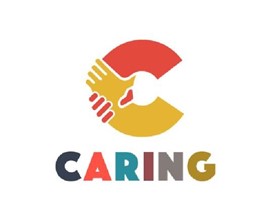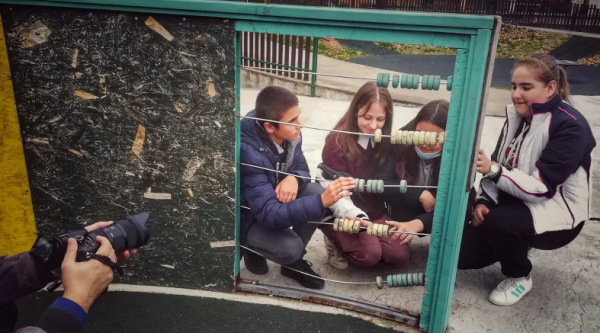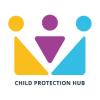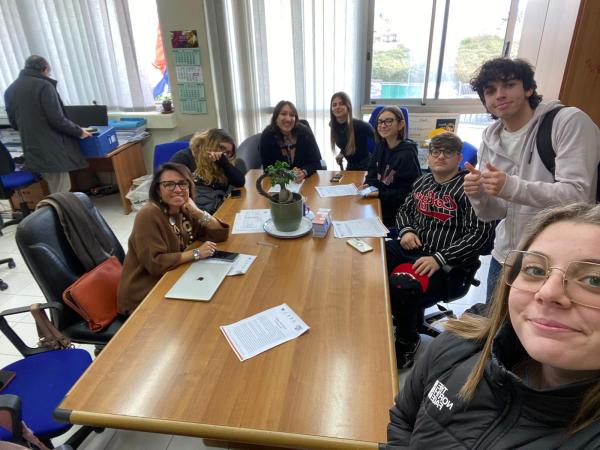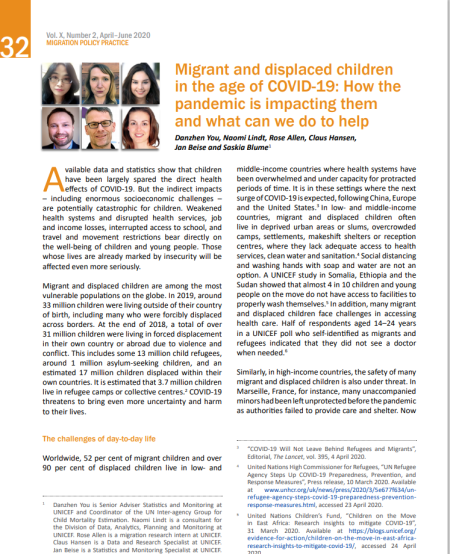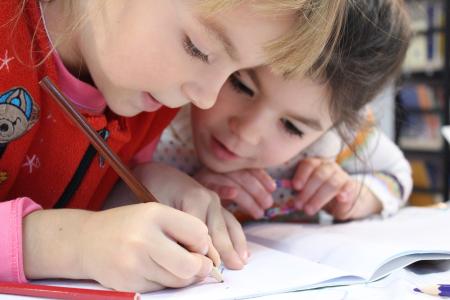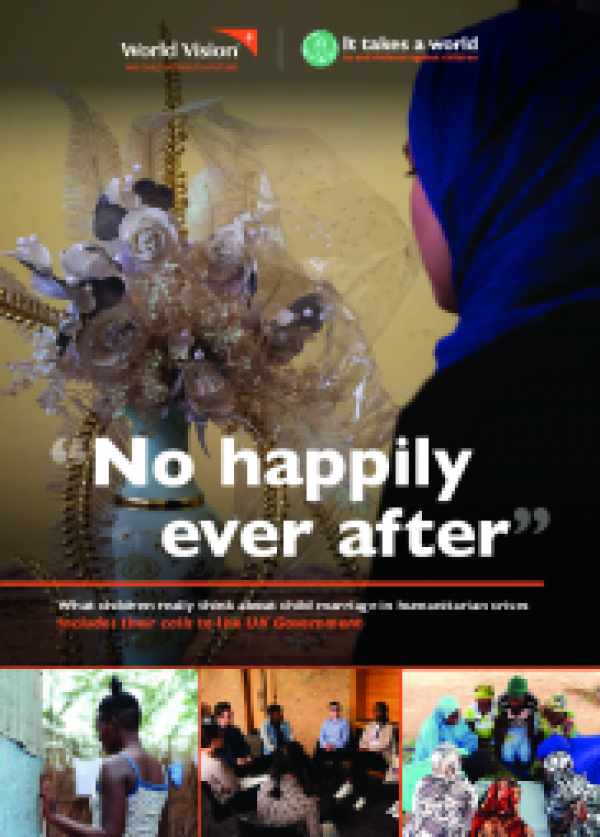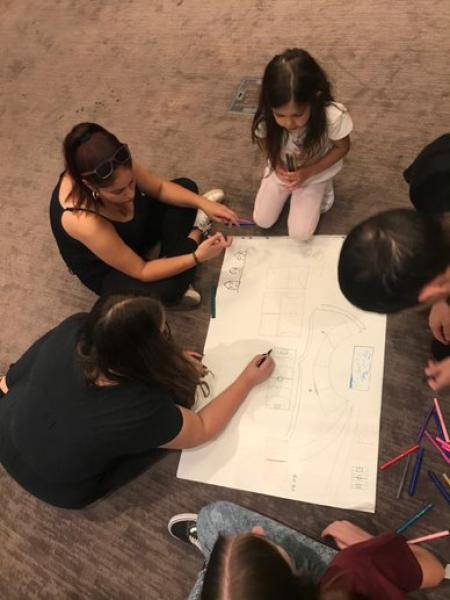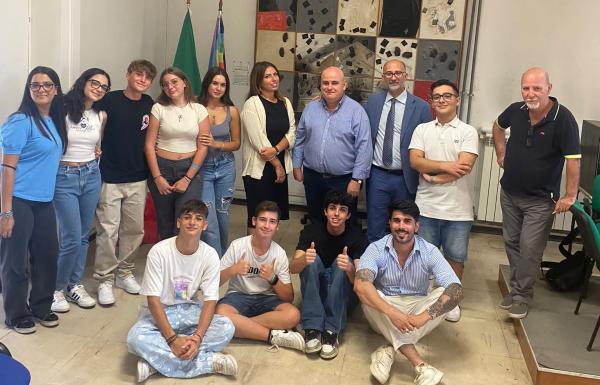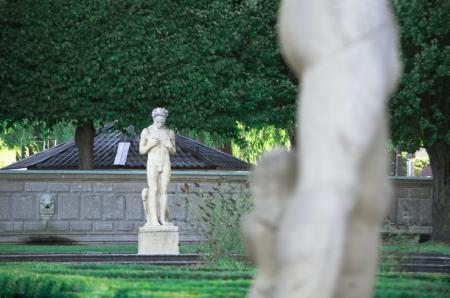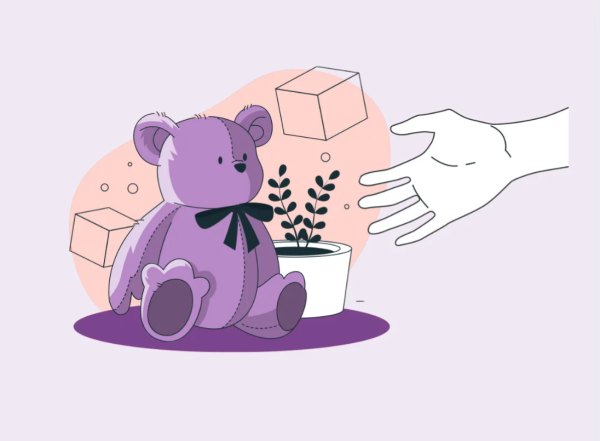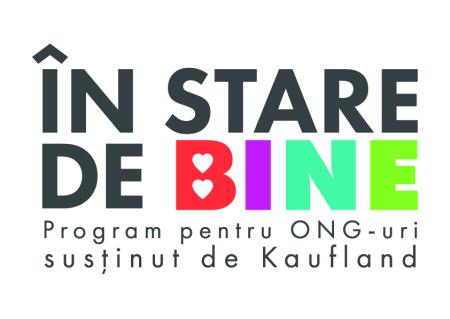
On Pink Shirt Day, observed on the last Wednesday in February as the National Day of Action Against Bullying, it is important to hear what children think and know about violence. Children are a very important source of knowledge when it comes to preventing violence. Last year, ahead of this day, the Child and Youth Protection Center of Zagreb posed several questions to its users - children - about peer violence.
Here are some of the key findings:
- Children can clearly enumerate various forms of violence, including physical, mental, verbal violence, and violence on the internet. They also agree that violence among children is always violence regardless of the form it takes.
- When it comes to the consequences of violence, children mention discomfort, pain, sadness, fear, feelings of helplessness, and other unpleasant emotions, including consequences such as trauma, bruises, insecurity, negative self-thoughts, and other psychological problems.
- When asked how to help children experiencing violence, children suggest seeking help from the school's professional service, comforting the child, seeing a doctor, helping the child stand up for themselves, and helping both the victim and the perpetrator of violence.
The conclusion is that neither adults nor children can or should expect children to solve violence on their own, but that they must be encouraged to seek help from adults when they see or experience violence. And for children to confide in adults, it is important that they believe that adults are supportive, ready to protect them, and help them.
In the context of the CARING project, focused on combating gender-based violence in schools, children's opinions are valuable. Listening to children's perspectives is crucial for successfully addressing violence. It is important not to forget to ask children for their opinions, ideas, and solutions in our work. This is also one of the key activities of this project - for children to create solutions to combat gender-based violence.
For more information on what children say about violence, visit the website of the Child and Youth Protection Center of Zagreb
Project is co-financed by the Government Office for Cooperation with NGOs.
Project is co-funded by the European Union.
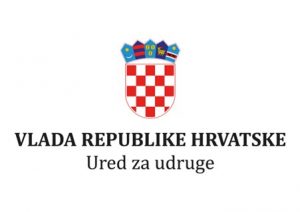
![]()
